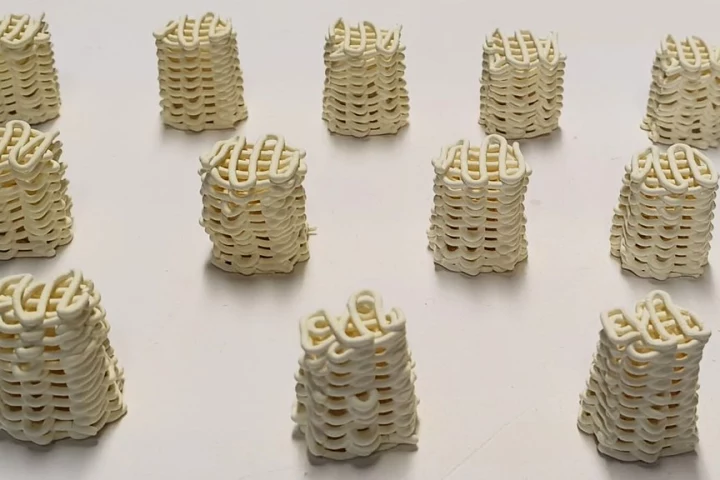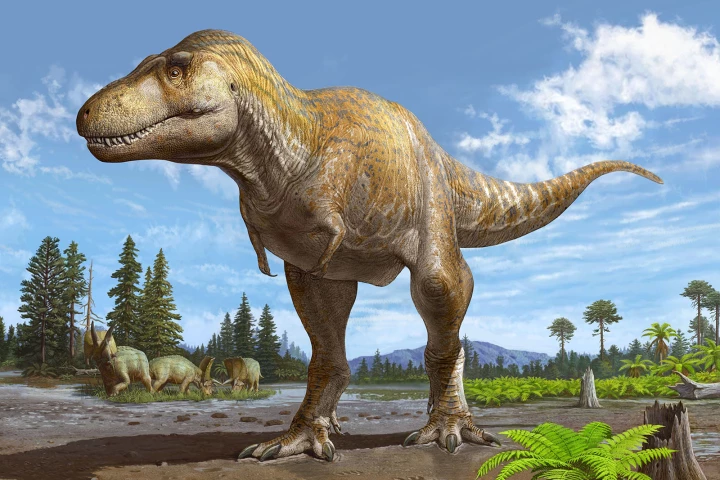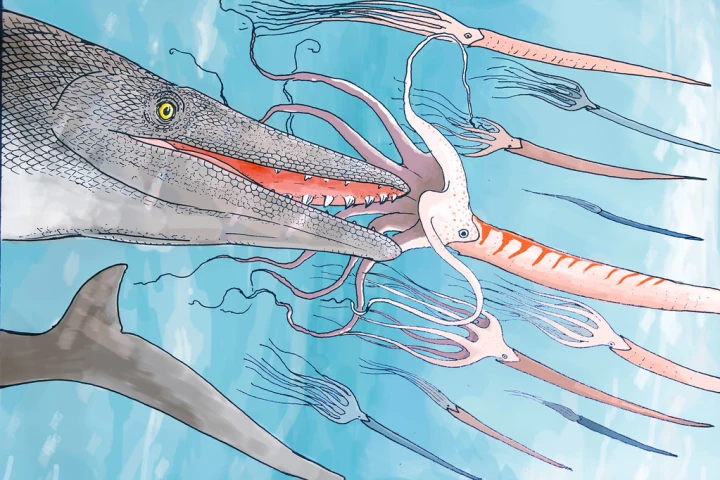University of Bath
-
Scientists have developed a new method for removing toxic “forever chemicals” from wastewater. 3D-printed ceramic lattices can remove up to 75% of PFAS from polluted water in three hours – and the structures get better at their job as they’re reused.
-
The latest hydrogen ICE to rumble to life was born with a special mission: claim a land speed record or two for the emerging hydrogen-combustion space. A University of Bath team has successfully gotten its hydrogen-burning prototype working.
-
An experimental new forensic spray allows latent fingerprints to be made visible in just 10 seconds, plus it doesn't require the use of any messy powders. What it does incorporate, however, is a glowing protein that's obtained from jellyfish.
-
If T. rex is too mainstream, discerning 10-year-olds may now have a new answer when asked their favorite dinosaur – Tyrannosaurus mcraeensis. The newly identified species appears to be more primitive than its famous cousin, but just as big and scary.
-
The debate rages on about the identity of fossils of small tyrannosaurs. A new study claims to have found evidence that a mini tyrannosaur species stomped around alongside its famous, giant cousin – but other scientists aren’t convinced.
-
At disaster sites, it's not uncommon for both the water supply and electrical grid to be out of commission. That's where a new system may someday come in, as it utilizes just a small amount of electricity to desalinate seawater for drinking.
-
In order to smuggle illegal drugs into prisons, people are now soaking materials like paper and fabric in such drugs, letting the materials dry, then passing them along to inmates. A new portable device, however, sees through that ruse.
-
Breathing exercises – in which a person takes slow, deep breaths – have been shown to reduce stress and anxiety. Focusing on breathing in this manner can be difficult, however, which is where the PAWS "breathing ball" is designed to come in.
-
Paracetamol and ibuprofen are among the world’s most common painkillers, but manufacturing them requires crude oil. Now, researchers have developed a more sustainable method, creating the drugs out of waste products from the paper industry.
-
Scientists have discovered a new species of mosasaur, a giant sea-dwelling lizard that dates back to the age of the dinosaurs, in Morocco. Stelladens mysteriosus differs from other mosasaurs because of its unique, star-shaped teeth.
-
While many people have long hoped that the Loch Ness monster is a plesiosaur, skeptics have pointed out that plesiosaurs lived in the ocean. New research, however, now suggests that some of the creatures may have inhabited freshwater rivers.
-
Misfolding proteins are considered key players in the development of Parkinson's disease, and scientists at the University of Bath have now developed a promising new weapon against them in the form of finely engineered peptide.
Load More











